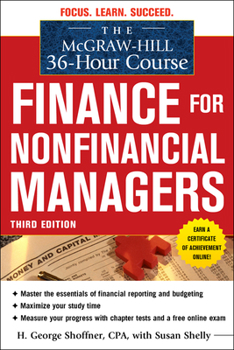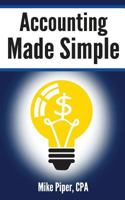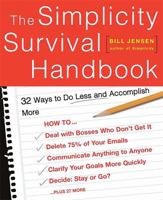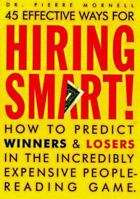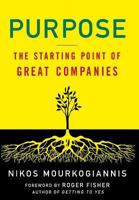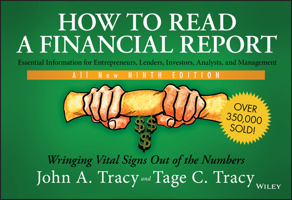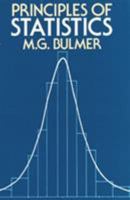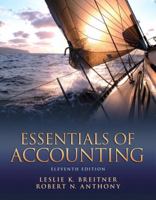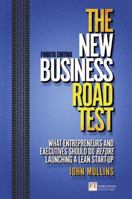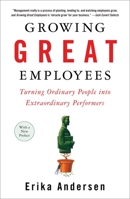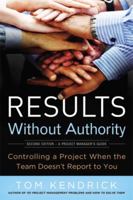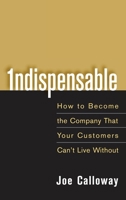The McGraw-Hill 36-Hour Course: Finance for Non-Financial Managers 3/E
Select Format
Select Condition 
You Might Also Enjoy
Book Overview
The high-profile accounting scandals of recent years have made one thing clear: You can't know too much about the company for which you work. What are the numbers? Where do you find them? How do they affect you and your staff?
This fully revised and updated third edition of The McGraw-Hill 36-Hour Course: Finance for Nonfinancial Managers provides a firm grasp on what all the numbers really mean. Designed to let you learn at your own pace, it walks you through: The essential concepts of finance, so you can askintelligent questions and understand the answersVital statements and reports, with sections on pro forma financial statements and expensing of stock optionsThe auditing process--what is measured, how it'smeasured, and how you can help ensure accuracy and completeness
With chapter-ending quizzes and an online final exam, The McGraw-Hill 36-Hour Course: Finance for Nonfinancial Managers serves as a virtual professor, providing the curriculum you need to crunch the numbers like a pro
Customer Reviews
Rated 4 starsNot as bad as a root canal
I'm not a finance person nor do I plan to be one in the future. Will working in sales for the past 10 years I have become more aware of what I don't know and finance is surely one of those areas. This book covers the basic's of the financial world without putting you into a comma. The homework at the end of each chapter gets to be a bit of a pain since I was looking for the "concept" not trying to become an accountant...
1Report
Rated 5 starsFinancial Statements simplified ...
Understanding financial statements is one of the key skills needed for any Investor, Employee or anyone interested in determining the health of a company. However, most of the books written on this subject are by the Accountants for the Accountants. Due to which they are hardly ever comprehensible to the lay person. That's where this book comes into picture. "The McGraw-Hill 36-Hour Course in Finance for Nonfinancial Managers"...
2Report
Rated 5 starsBreathes life and energy into a potentially dry subject.
This book starts teaching before chapter one even gets under way by setting the expectation that you really can learn (and better, apply) finance no matter what you're trying to do.The sample situation that follows all the way through the book really helps focus on the concepts being taught. Some of the examples are humorous and some make you want to share what you're reading with a loved one.I bought this book because I'm...
1Report
Rated 5 starsI'd give it six stars if I could! Fun To Read
OK. You're reading about this book because some brilliant mind at your company decided you should head up the financial decision-making department of your company. Never mind that you majored in Italian and never studied finance! Or, you are new to business and want to start your own company, and you know you need to know a bit about bookkeeping and financial management. Congratulations! You've found the right book. "The McGraw-Hill...
2Report
Rated 5 starsExcellent use of Humor to teach Finance
Robert Cooke use humor throughout the book to help nonfinancial manager understand financial reports. The use of the Spouse House Firm throughout the book allows you to see the develop of financial reports as they apply to a small growing firm. Robert writes as he is right in front of you talking to someone he has known for a long time. He uses humor to help you understand the difficult concepts of the book. If you...
2Report











